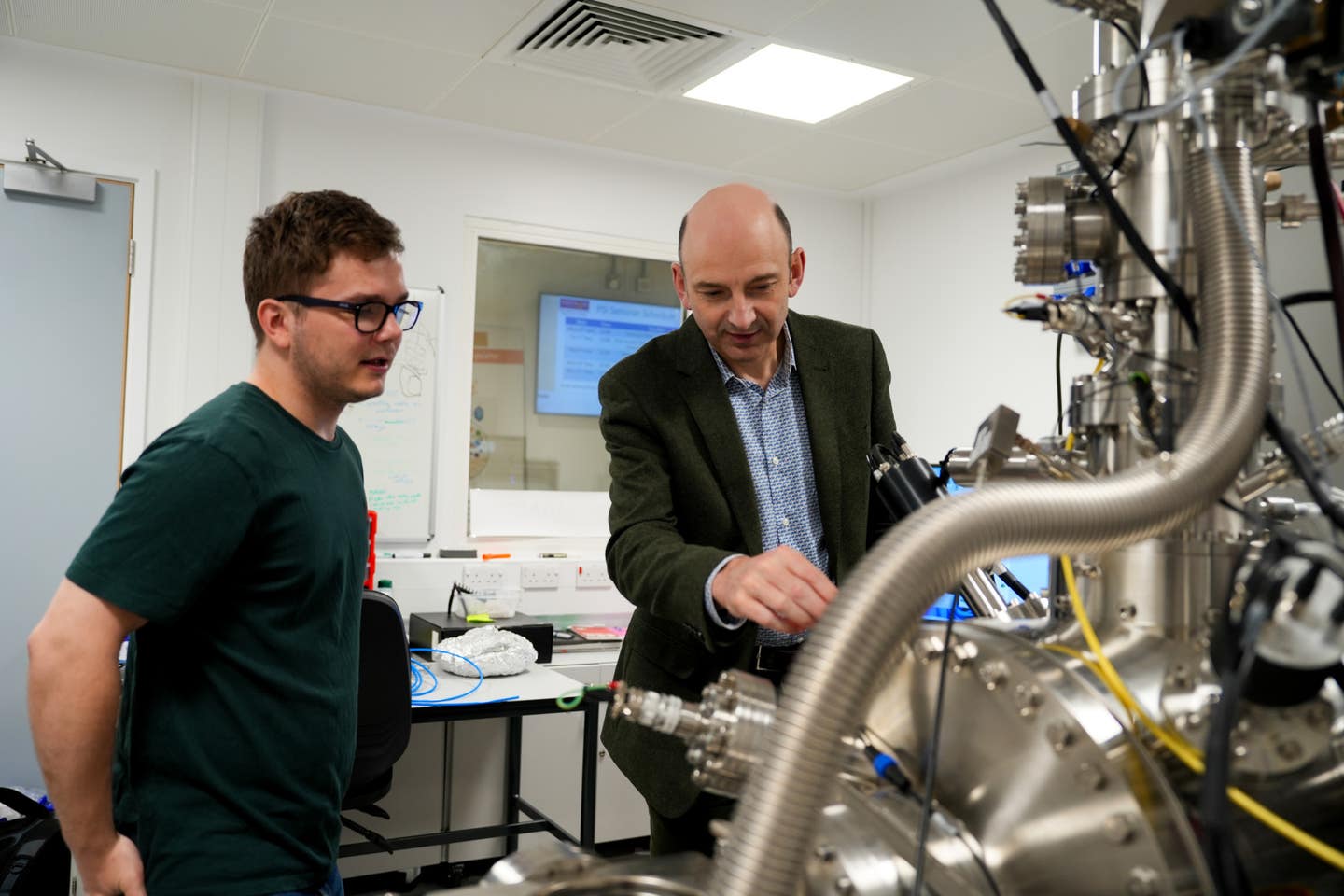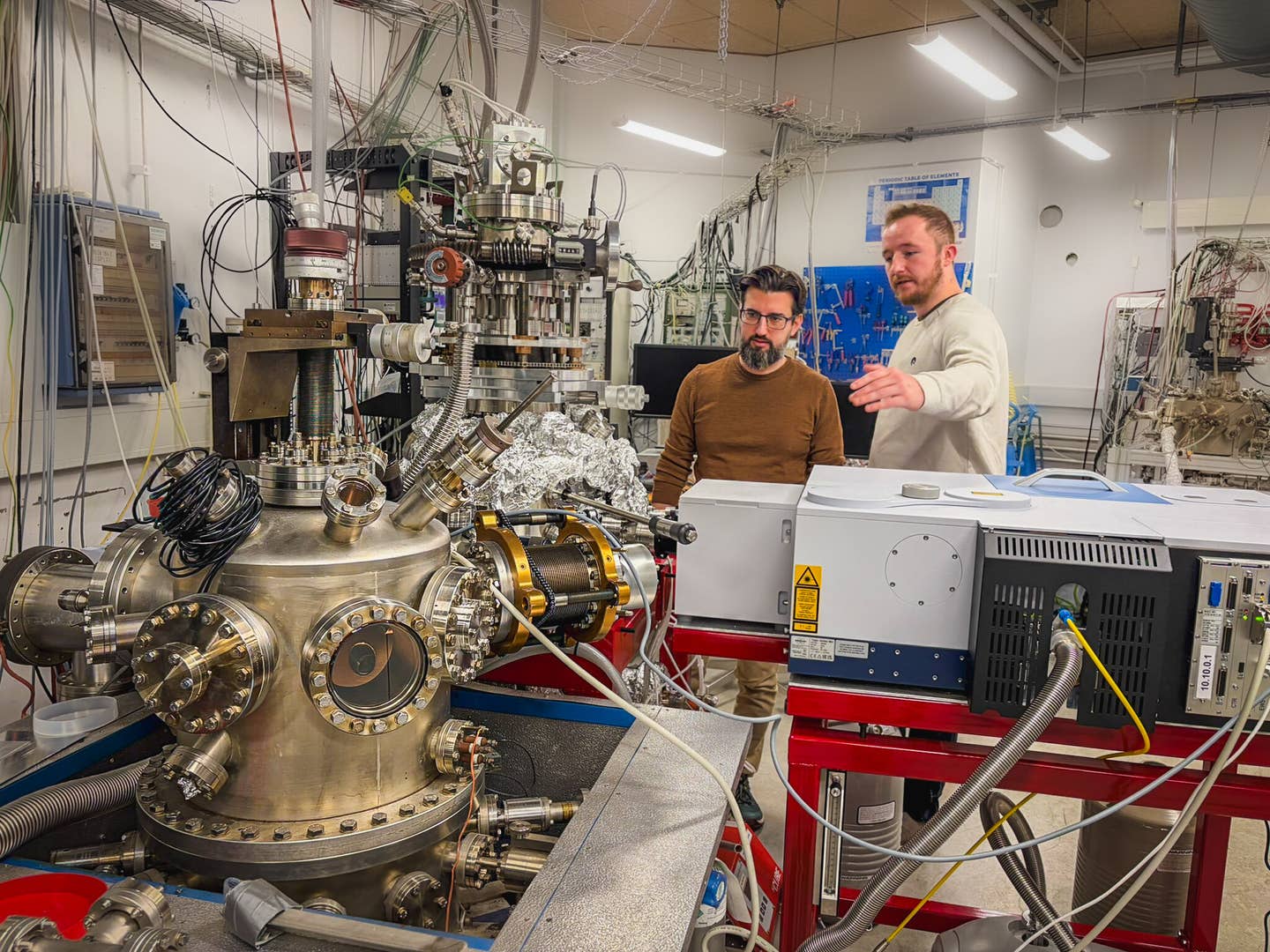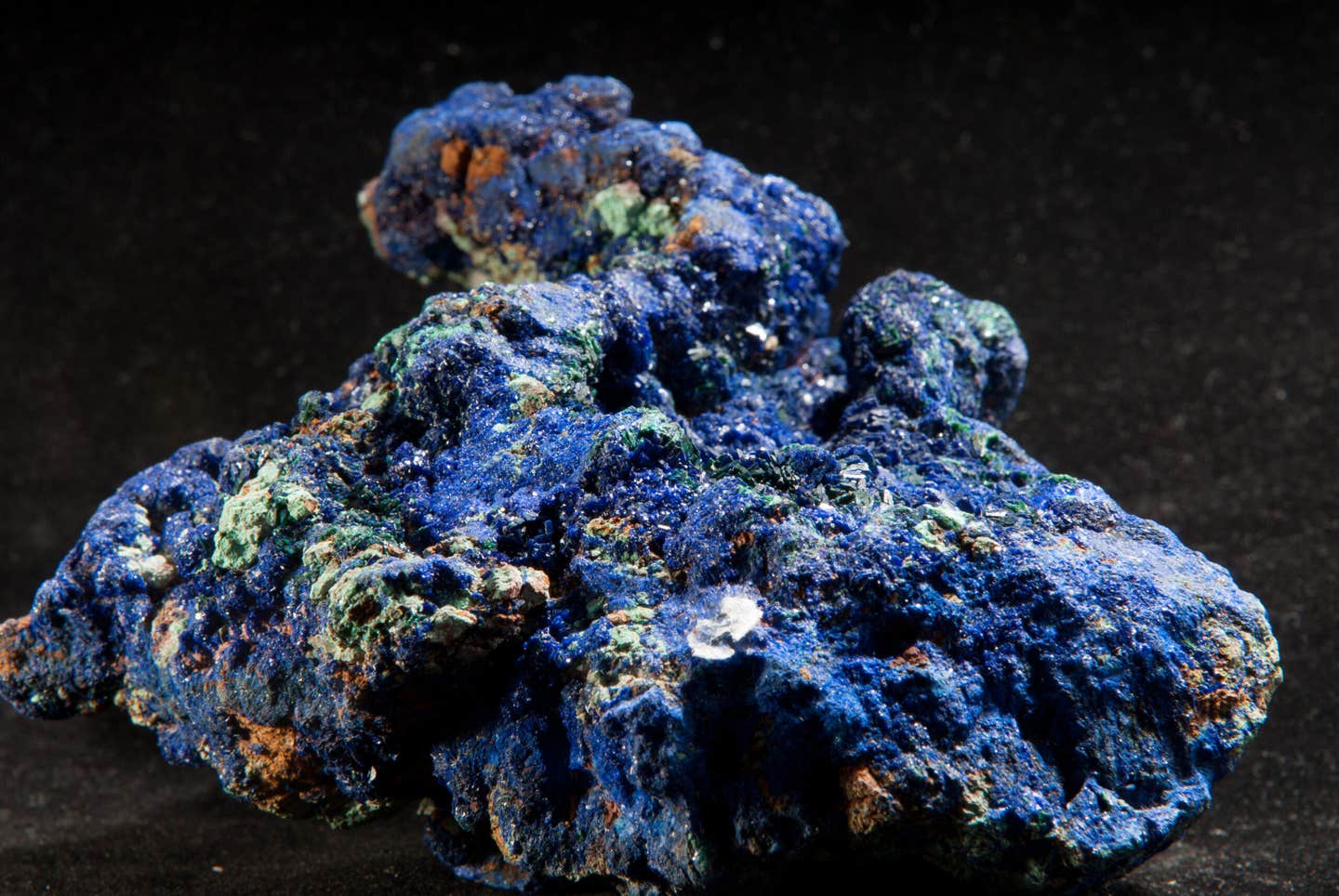Scientists develop new material promising to revolutionize quantum computing
Researchers have crafted an ultra-pure form of silicon, a critical advancement towards the development of high-performance quantum computers

Over a century ago, The University of Manchester was at the forefront of a scientific revolution with the discovery of the atomic nucleus, a breakthrough that birthed nuclear physics. Today, this storied institution is once again redefining the boundaries of science—this time in the realm of quantum computing.
Researchers from Manchester, in collaboration with the University of Melbourne, have crafted an ultra-pure form of silicon, a critical advancement towards the development of high-performance quantum computers. This development, recently detailed in the journal Communications Materials - Nature, leverages methodologies pioneered by Ernest Rutherford, the renowned founder of nuclear physics.
Professor Richard Curry of The University of Manchester explained the significance of their work, stating, "What we’ve been able to do is effectively create a critical ‘brick’ needed to construct a silicon-based quantum computer. It’s a crucial step to making a technology that could potentially transform our approach to major global challenges, such as climate change and healthcare."
The milestone coincides with the University's 200th anniversary, a period marked by significant scientific contributions, from Rutherford’s atom-splitting to pioneering advances in computer technology. "It is fitting that this achievement aligns with the 200th anniversary of our University, where Manchester has been at the forefront of science innovation," Curry added.
Quantum computing represents a monumental leap over traditional computing by utilizing qubits, which are the basic units of quantum information. Unlike the bits used in classical computing, which represent data as 0s or 1s, qubits can represent numerous possible combinations of 1 and 0 at once. This ability allows quantum computers to solve complex problems much faster than classical computers.
However, constructing reliable quantum computers is challenging due to the inherent sensitivity of qubits. They require a highly stable environment as even slight disturbances, such as temperature changes, can introduce errors.
Related Stories
Additionally, the scale of quantum computing presents hurdles; while a mere ten qubits can parallel the processing power of 1,024 classical computer bits, researchers estimate that a fully operational quantum computer would need approximately one million qubits.
For decades, silicon has been the backbone of semiconductor technology used in classical computing. Its properties might also hold the key to scalable quantum computing. A significant barrier, however, has been the natural occurrence of silicon-29 isotopes, which make up about 5% of natural silicon and can disrupt the stability of qubits.
The University of Manchester's breakthrough involves a method to eliminate silicon-29 and silicon-30 isotopes, creating what is dubbed the world's purest silicon. This advance not only boosts the performance of qubits but also paves the way for the production of quantum computers on a scale previously deemed unfeasible.
Ravi Acharya, a PhD researcher involved in the experimental aspects of the project, highlighted the potential of this innovation. "The same techniques used to manufacture billions of transistors in today's computers can now be adapted to produce high-quality silicon qubits, thanks to the unprecedented purity of the silicon we have developed," he said.
This newfound capability could drastically accelerate the development of quantum computers, offering a new trajectory for technologies across various sectors including artificial intelligence, secure communications, drug development, and more.
Professor David Jamieson from the University of Melbourne, a co-supervisor of the project, emphasized the broader implications of their work. “Our technique opens the path to reliable quantum computers that promise step changes across society," he noted. "A reliable quantum computer with just 30 qubits would exceed the power of today's supercomputers for some applications.”
But what exactly is quantum computing, and how does it function? At its core, all computing technology operates using electrons, which possess a property known as 'spin'—akin to a spinning top.
Traditional computers use the collective magnetic field generated by the spins of many electrons to encode information in binary (0s and 1s). Quantum computers, however, exploit the spin of individual electrons, allowing them to perform a multitude of calculations simultaneously, a feat that gives them their unparalleled processing power.
Through their innovative approach to purifying silicon, researchers at The University of Manchester and the University of Melbourne are not just continuing a legacy of scientific excellence; they are setting the stage for the next quantum revolution, which could redefine the landscape of global technology and industry.
For more science news stories check out our New Innovations section at The Brighter Side of News.
Note: Materials provided above by The Brighter Side of News. Content may be edited for style and length.
Like these kind of feel good stories? Get the Brighter Side of News' newsletter.



